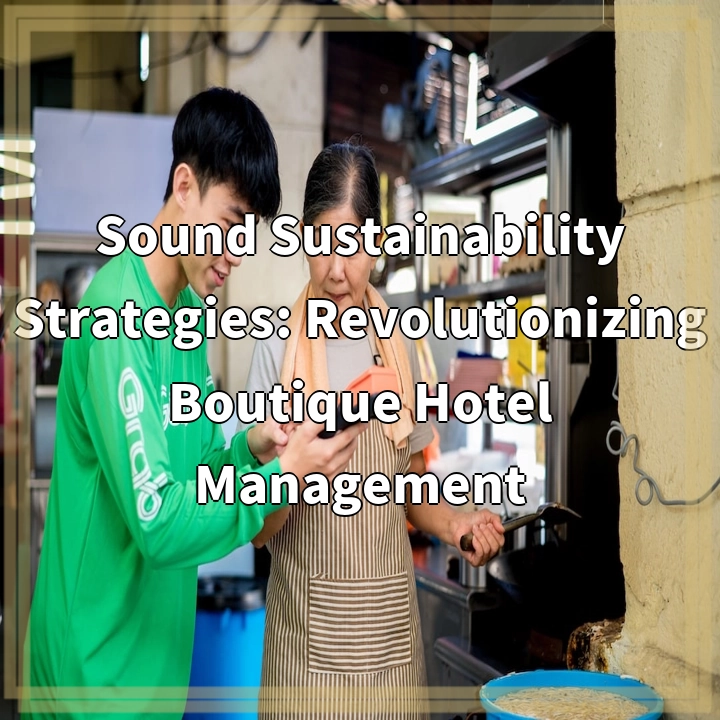
What it is:
In recent years, there has been a growing recognition of the need for sustainable practices in the culinary arts industry. Sustainable practices in culinary arts refer to the implementation of environmentally friendly, socially responsible, and economically viable methods in the food preparation and service sector. This encompasses various aspects, including sourcing ingredients, waste management, energy consumption, and promoting ethical and fair trade.
Real-World Problems:
The culinary arts industry faces several challenges when it comes to implementing sustainable practices:
1. Sourcing Local and Organic Ingredients:
One of the primary concerns is the sourcing of local and organic ingredients. Many chefs and restaurateurs strive to use locally sourced produce, which helps reduce the carbon footprint associated with transportation. However, the availability and cost-effectiveness of locally produced ingredients can be a barrier for some culinary establishments. Additionally, finding consistent organic suppliers can be challenging, leading to a reliance on conventional produce that may have pesticide residues and environmental impacts.
2. Food Waste Management:
Food waste is a significant problem within the culinary arts industry. From prep scraps to unfinished dishes, a considerable amount of food ends up in the trash on a daily basis. Not only does this contribute to landfill waste, but it also represents a loss in terms of resources, energy, and money. Implementing effective food waste management strategies, such as composting, portion control, and creative utilization of leftovers, is crucial for reducing the environmental impact of the culinary arts industry.
3. Energy Consumption and Efficiency:
The energy-intensive nature of commercial kitchens presents a challenge for sustainability. High power consumption from appliances, refrigeration, and heating can contribute to greenhouse gas emissions and environmental degradation. Improving energy efficiency through the use of energy-saving equipment, better insulation, and staff training can significantly reduce the environmental footprint of culinary establishments.
4. Single-Use Plastics and Packaging:
The excessive use of single-use plastics and non-recyclable packaging in the culinary arts industry contributes to plastic pollution and waste. Items such as plastic utensils, take-out containers, and individually wrapped ingredients generate a significant amount of plastic waste that often ends up in landfills or pollutes natural ecosystems. Exploring alternatives such as biodegradable or compostable packaging materials can help reduce the environmental impact of the industry.
Addressing these real-world problems requires a collective effort from chefs, culinary institutions, suppliers, and consumers. By embracing sustainable practices, the culinary arts industry can contribute to a healthier planet and set an example for other sectors.

Solutions for Sustainable Practices in Culinary Arts:
1. Promoting Local and Organic Ingredients:
Encourage partnerships with local farmers and suppliers to source fresh, seasonal, and organic ingredients. This supports the local economy, reduces transportation emissions, and promotes healthier food choices for customers.
2. Implementing Effective Food Waste Management:
Create a comprehensive food waste management plan that includes proper inventory management, portion control, and creative utilization of leftovers. Consider partnering with food banks or composting facilities to reduce waste and support social and environmental initiatives.
3. Improving Energy Efficiency:
Invest in energy-efficient kitchen equipment, such as induction cooktops and energy-saving ovens. Train staff on energy-saving practices, such as turning off equipment when not in use and optimizing cooking times and temperatures.
4. Embracing Sustainable Packaging:
Transition to sustainable packaging options, such as biodegradable or compostable materials, for take-out containers and utensils. Encourage customers to bring their own reusable containers for take-away meals or offer incentives for opting for eco-friendly packaging.
By implementing these solutions, culinary establishments can significantly reduce their environmental impact and contribute to a more sustainable food industry.















